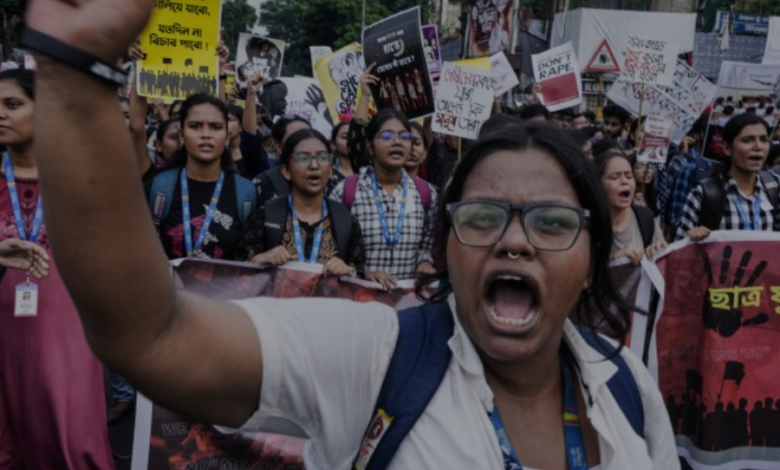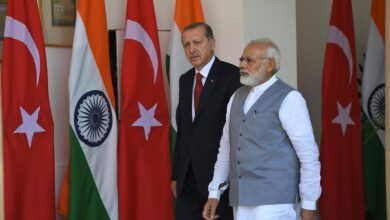India’s Supreme Court Establishes Task Force for Hospital Safety Following Rape and Murder of Trainee Doctor

NEW DELHI, Aug 20 (Reuters) – Finally succumbing to the countrywide anger over the rape and murder of a girl, a trainee doctor, the Supreme Court of India set up on Tuesday a task force for improving the protection of the medical staff. This decision was taken against the backdrop of the ongoing strike by junior doctors who have been very vocal in calling for the protection of women within facilities.
The vicious assault that took place on Aug. 9 in Kolkata has put pressure on authorities to offer rapid justice and has drawn attention to the necessity of enhanced protection measures inside the medical centre. To that end, doctors in several regions have gone on strike, only attending to emergent cases to show how deep the problem is.
A policeman who was also a volunteer for the station’s Amateur Night has been charged with the crime, and the federal police are now investigating the case. The protests and anger also bring back memories of the reaction in India to the December 2012 gang rape and murder of a 23-year-old — a case that spurred significant changes in Indian laws.
“If women cannot go to a place of work and be safe, then we are denying them the basic conditions of equality,” they said as Chief Justice of the three-judge bench dealing with the matter D Y Chandrachud.
In this case, the Supreme Court recommended that the newly formed task force of doctors deliberate on the best mechanism for carrying out broad changes to increase the safety of medical staff. Nonetheless, a cross-sectional survey of junior doctors involved in protests showed dissatisfaction with the court’s mandate and the call for further action.
‘These are challenges that cannot be addressed from the perspective of legislation alone; what is required is a fundamental reform,’ the British National Association of Trainee and Junior Doctors noted. They pointed out that the court directions did not address the ‘basic issue’ of the lack of health care financing and staff, which they said are fundamental to safety.
The Supreme Court, which had taken up the case on its own, has asked the federal police to furnish the latest on the probe by Thursday. Further, the court also directed the use of a federal paramilitary force at the hospital where the incident took place for the protection of women doctors, who stated themselves to be unsafe after the incident and its subsequent rampage by unknown men.
The court proposed several measures of protection for the task force to employ, including partitioning restrooms for women only, improving the lighting of the outside campus, installing enclosure cameras throughout the campus, and organising task force panels to perform quarterly security assessments of the campus. It has been ascertained that the task force report must be submitted in three weeks at the latest and within two months.
In an appeal to protesting doctors across the country, the court called on them to resume work, saying, ‘Doctors of the country, who have resigned from work . .. We want to assure them of their safety and protection.
Some of the women’s rights campaigners have outlined that this particular case is just a pointer to the fact that sexual violation of women continues in India despite the introduction of stricter laws in the wake of the December 2012 gang rape in the Indian capital Delhi.
In another related episode on Tuesday, thousands of people stopped trains in Maharashtra as they demanded justice on the rape of two four-year-old girls by a<|reserved_special_token_263|> facility cleaner at a school near Mumbai. The accused have been arrested, and the Maharashtra Chief Minister, Shri Eknath Shinde, has assured us this will be done fast-track.



